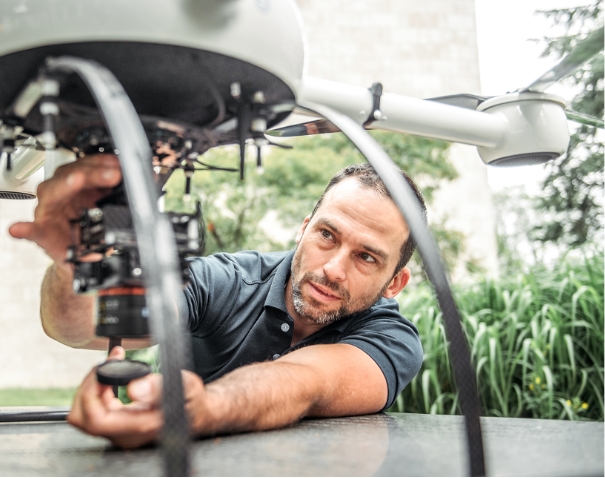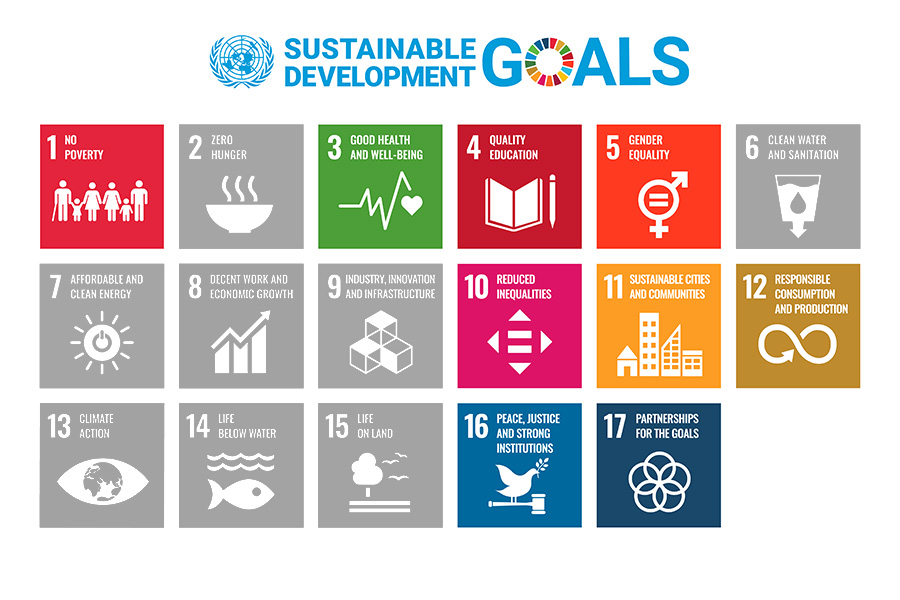Connect Communities and Territories

Given the rapid pace at which digital technology has evolved, connectivity at both the local and global levels has become essential. Data is generated by a range of devices and sensors located on people, in the built environment, or the environment. Used wisely, this massive amount of data has unprecedented strategic value to help us better understand humans, the planet, and their interactions. We need data to design more efficient artificial intelligence algorithms, which can be used in many fields such as the Internet of Things and individual or collective services.
Yet many environments with great data potential are still hard to study in depth, such as forestry, agriculture, and northern environments, or manufacturers and the providers of goods and services. And while data generated by personal devices could allow us to better understand people’s movements, habits, limitations, or even health, it also raises significant questions about privacy, confidentiality, and equity.
Innovative new sensors, the availability of big data, and advances in artificial intelligence allow us to understand and adapt the ways communities grow and develop so they can better and more sustainably meet the needs and habits of citizens and their environment.
It is important to study the ways in which communities connect to each other, but we also need to consider the societal impacts of these new digital opportunities in areas such as the arts, human rights, democracy and governance, and the work world. Through a multitude of societal characteristics such as language and culture, socioeconomic systems, and international relations, we are able to uncover the wealth of human diversity.

Links to the UN Sustainable Development Goals
- Ensure inclusive and equitable quality education and promote lifelong learning opportunities for all (4)
- Ensure access to affordable, reliable, sustainable and modern energy for all (7)
- Build resilient infrastructure, promote inclusive and sustainable industrialization and foster innovation (9)
- Make cities and human settlements inclusive, safe, resilient and sustainable (11)
- Ensure sustainable consumption and production patterns (12)
- Take urgent action to combat climate change and its impacts(13)
- Conserve and sustainably use the oceans, sea and marine resources for sustainable development (14)
- Protect, restore and promote sustainable use of terrestrial ecosystems, sustainably manage forests, combat desertification, and halt and reverse land degradation and halt biodiversity loss (15)
- Strengthen the means of implementation and revitalize the Global Partnership for Sustainable Development (17)

Université Laval’s strengths
Discover the faculty members and research units that make Université Laval such a transformative and high-impact university.